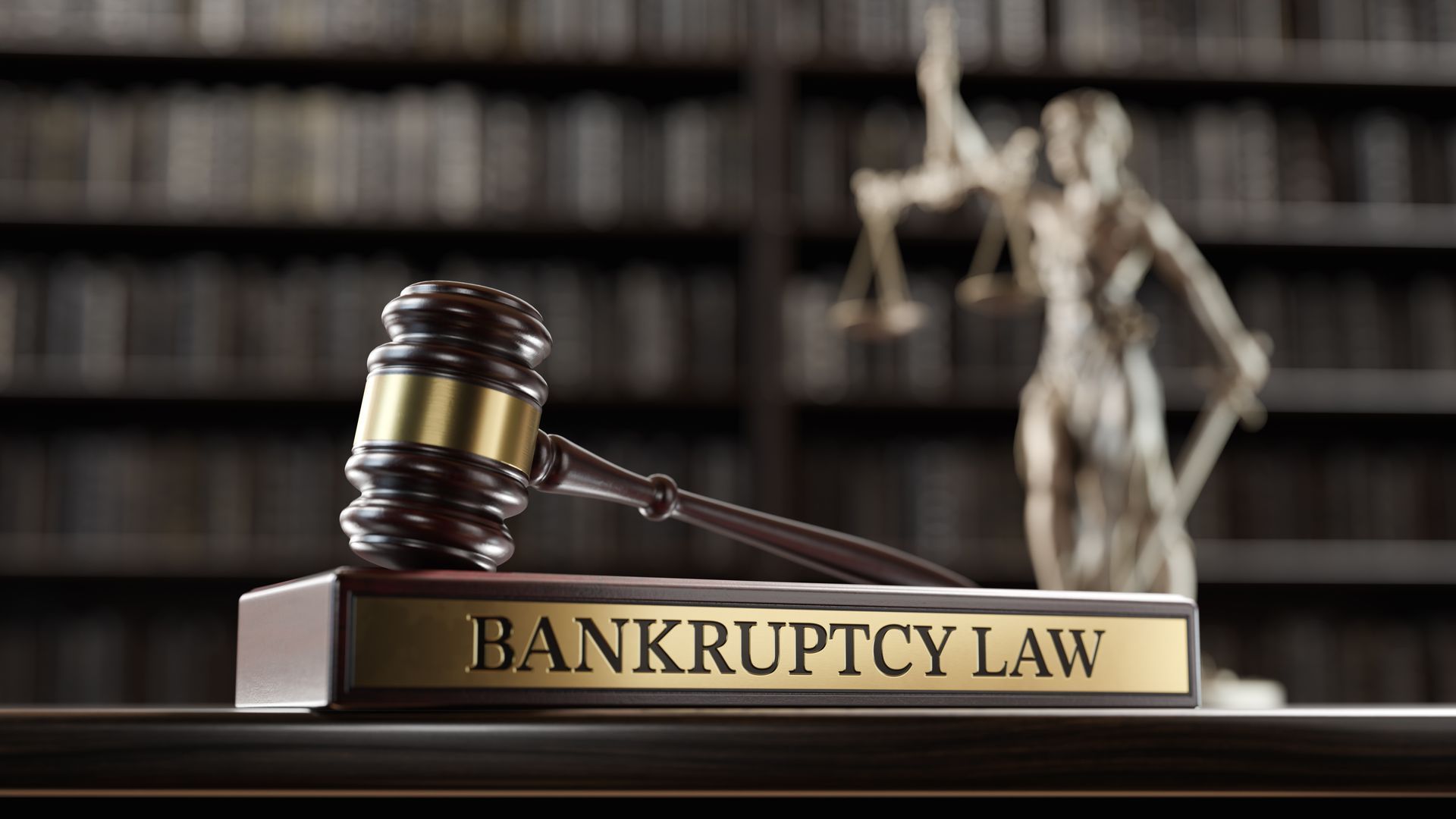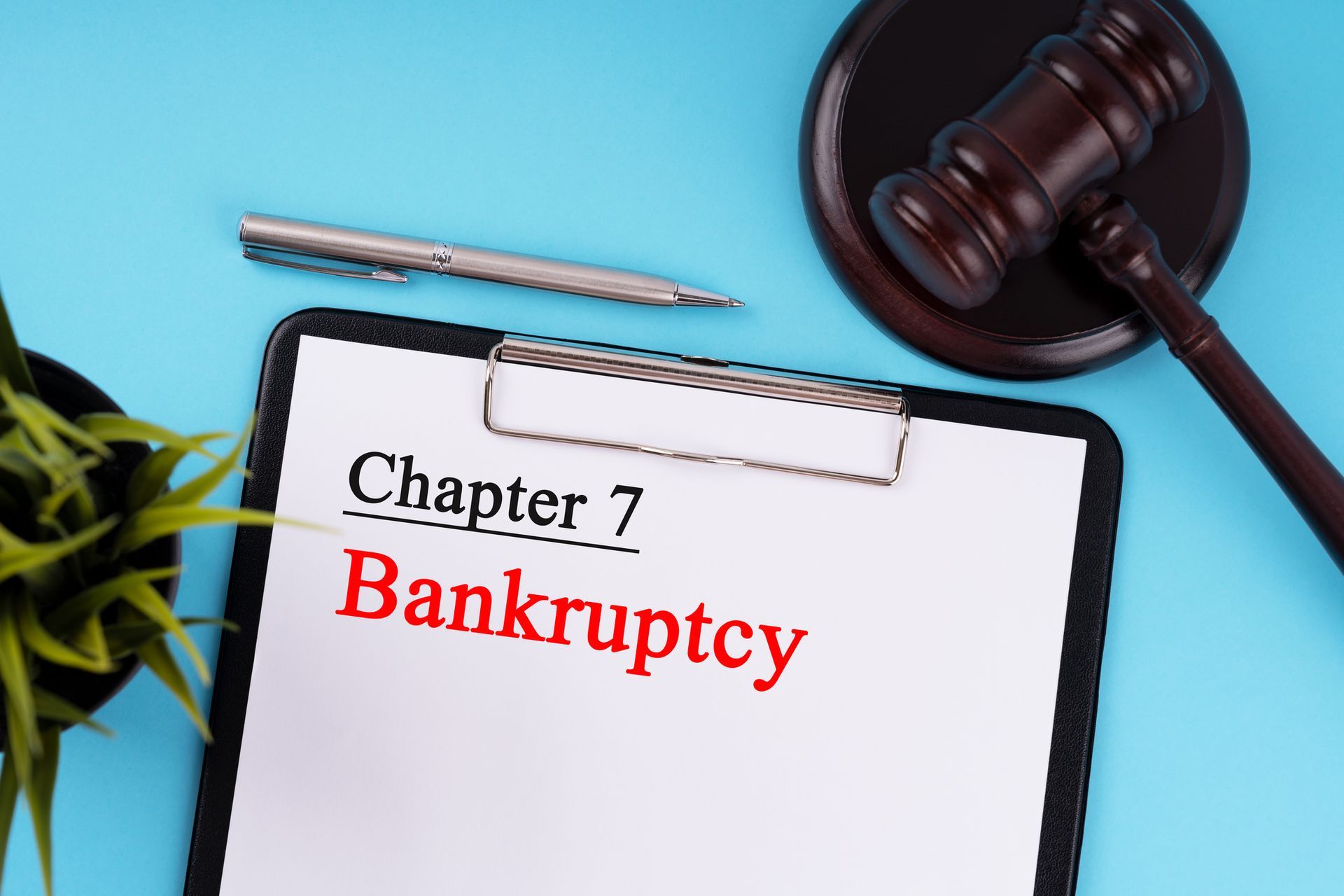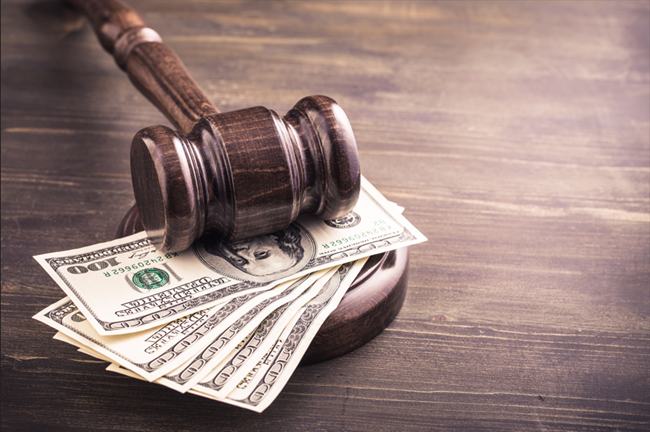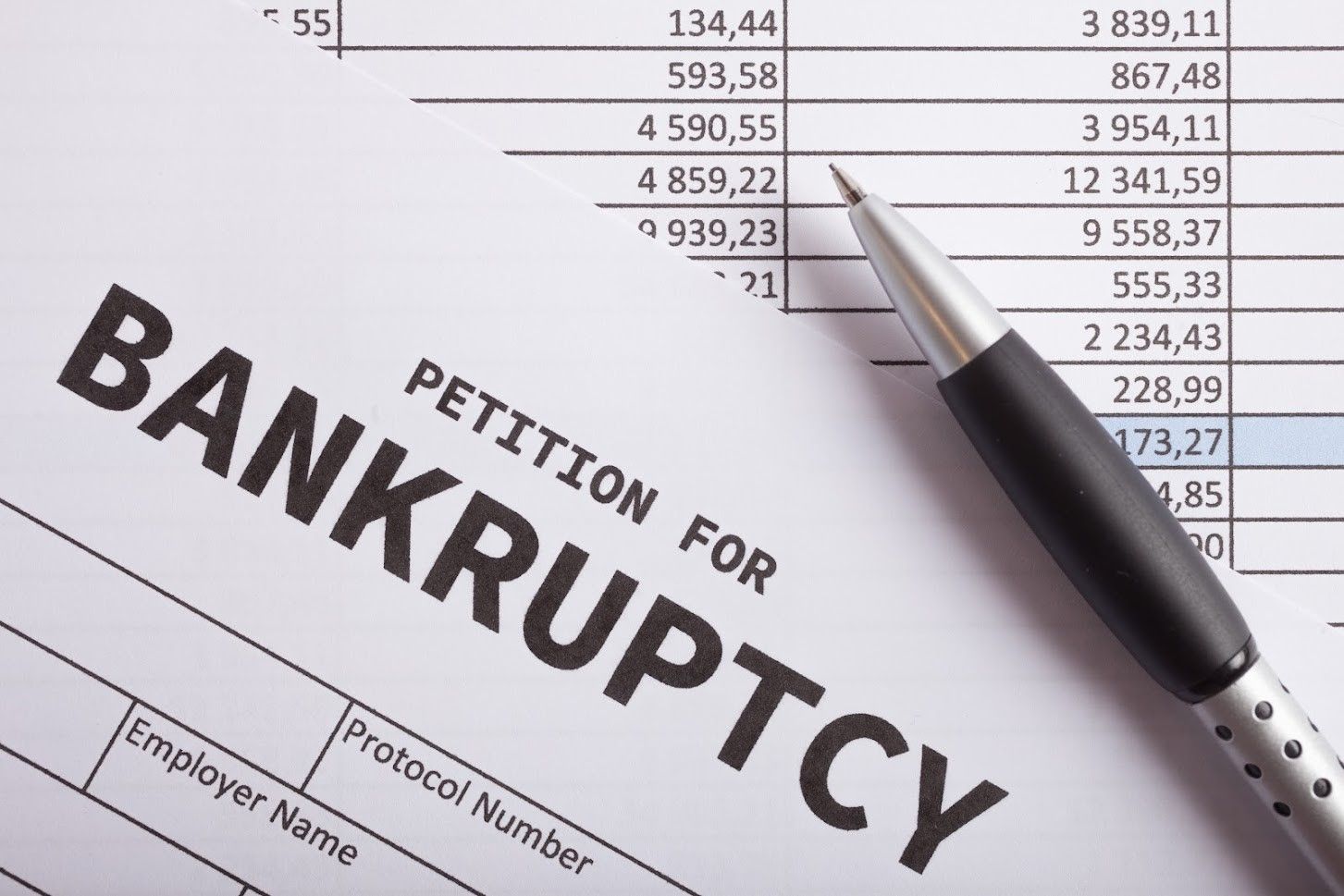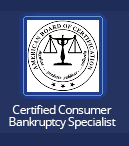Walking Away From Debt? 3 Ways It Causes Lasting Damage

When a financial emergency occurs, some Americans may find that they cannot repay their debts due to circumstances often beyond their control. For many, the easiest way to deal with this crisis may appear to be simply to walk away and ignore unsecured debts and debtors.
However, while this may seem easy, is this really the best way to move forward? Or should you go through the extra work of actually declaring bankruptcy? Discover a few ways that walking away can cause ripples of damage for years to come.
1. Ongoing Credit Damage
Unfortunately, when a debtor chooses to ignore their debts, the damage does not come all at once. Debts may become delinquent at different rates. They will advance to the next level of collections efforts on different schedules. Some will be written off by debtors early, resulting in quick hits to your credit, while others might be resold to collection agencies or attain judgments — actions that may restart the debt clock.
The end result to you will be a trickle of continuous credit issues, involving both new and old problems, for years. And you cannot start to effectively rebuild your credit because new hits come all the time.
2. Added Financial Costs
Not paying bills does not mean that they go away. In fact, they actually begin to swell — usually causing more pain and frustration for the borrower.
First, you will likely see interest rates rise on existing debts — sometimes by ten percentage points or more at once. You won't be able to take on new credit at good rates, either. You will experience missed payment fees, late payment fees, and fees to turn on certain services again. Never forget, either, that the principal will continue to build as long as no one makes payments to reduce it.
What about debt settlement, where your creditor takes a portion of the total debt? Not only is this not guaranteed, but forgiven debt will become taxable income that you must declare in the spring when filing income taxes. The added tax could cost you in many ways, including higher tax rates and pushing you over thresholds to lose some credits or deductions.
On the other hand, a legal remedy like bankruptcy stops your debt from continuing to accumulate. It will be frozen at the point at which you file for bankruptcy and creditors cannot add to the pile. Once it is discharged through the court, no further action can be taken on it either.
3. Mental and Emotional Damage
When you face a major life hurdle such as job loss or a natural disaster, you are likely already suffering from mental or emotional trauma. But walking away from debt can add to that emotional turmoil. Debt collectors hound debtors — often more so as the debt ages or moves to new collection agencies. You may be sued for the amount owed. And you certainly will continue to receive worse and worse notices from multiple creditors.
Simply having this debt weighing over you can be its own burden. Many people feel that they will never get free. They work extra hours or forego needed goods and services in order to try to manage their debt. And it causes stress during any attempts to recover from whatever caused the emergency.
Certainly, it may seem like the easy and cheap route to try to ignore your unmanageable debts. But it puts you on a path toward an uncertain future filled with lingering damage. Meanwhile, even though bankruptcy may require additional work, it will reap faster and more reliable rewards.
Learn more about your bankruptcy options by calling Charles J Schneider PC today. Our professional team will work with you to find the most painless solutions to any debt issues.


